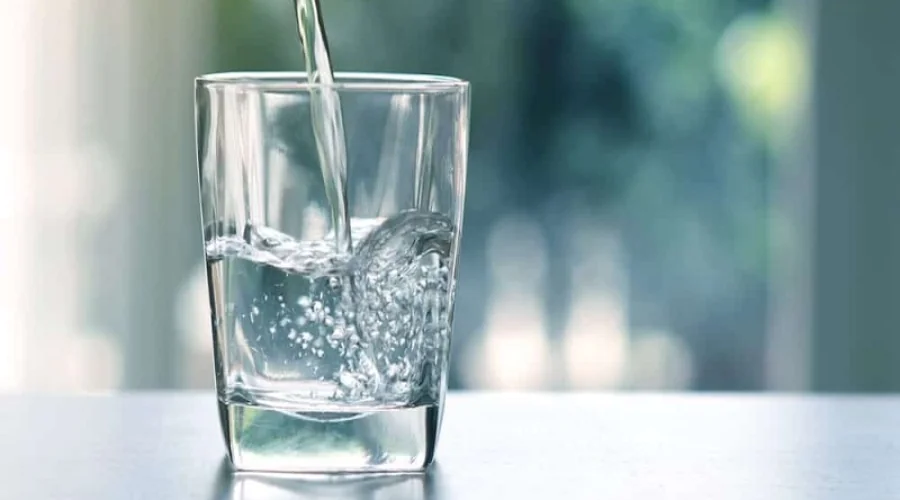
- 27 Oct
- 2022
Ilustrasi gambar (Shutterstock)
70 Percent of Indonesia's Drinking Water Contaminated with Feces, UM Surabaya Lecturer Suggests This
Water pollution is one of the problems in Indonesia and is difficult to control. The occurrence of water pollution can make water quality decrease. Water is the largest non-renewable natural resource. Therefore, this case of water pollution is a serious problem because it can have an impact on environmental and human health.
According to BAPPENAS data for 2018, 96% of cases of urban water pollution in Jakarta are included in the heavily polluted category.
Vella Rohmayani, a Lecturer in Medical Laboratory Technology (TLM) at UM Surabaya, said that most of the pollution in Indonesia comes from household waste, such as human and pet feces, used water, and so on.
According to him, based on WHO data, as many as 2 billion people have consumed drinking water that is indicated to have been contaminated by faeces or faeces.
Vella emphasized that water that has been contaminated by human faeces has high levels of germs and pathogens or beyond normal levels. One type of germ used as an indicator of water pollution is E. coli bacteria.
“Cases of water pollution can trigger various kinds of infectious diseases that are dangerous to human health. The types of diseases caused by water pollution are diarrhea, dysentery, typhus, cholera and other infective diseases," said Vella, Thursday (27/10/22)
According to him, the dirty aquatic environment can also be a good habitat for various animals that act as disease vectors, such as mosquitoes, flies, cockroaches. So that the higher the cases of water pollution in line with the increasing number of disease-transmitting vectors.
Vella added, cases of water contamination in Indonesia did not only occur in river waters, but also occurred in groundwater. It is known that the majority of Indonesian people choose to use groundwater as a source of clean water because it is considered more practical.
Contamination of groundwater can originate from the seepage process or contamination from saptic tanks, waste disposal sites, livestock manure, irrigation canals and rivers. So that the planning of facilities for disposal of feces and household waste can be used as a basis for determining the location of well water production.
"The problem of water pollution is caused by sanitation that does not meet standards, especially sanitation for disposal of feces and household waste. Apart from that, it can also be caused because there are still many people who defecate or urinate in water bodies," added Vella.
According to him, the only effort that can be made to address the need for clean water is to switch to using water sourced from pipelines instead of using groundwater which is very susceptible to contamination by faeces and household waste.
"Besides that, it is necessary to make efforts to raise public awareness so that they no longer dispose of household waste into water bodies, and do not consume raw water directly. So, before consumption, water should be boiled first,” concluded Vella.










(0) Comments